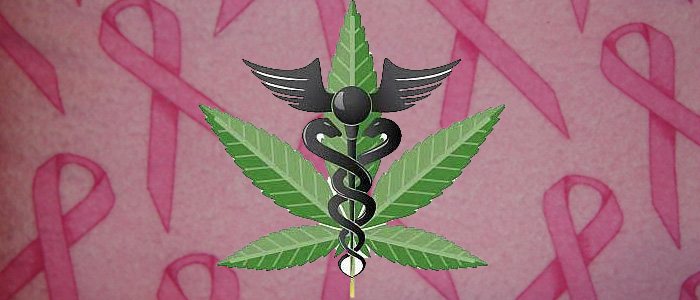There is no such thing as a definite cure for anything—only the treatments that medicine shows us can be productive. Yes, despite much objection to the legalization of medical marijuana nationwide, there is sufficient evidence to conclude that it does have anti-cancer properties, and a success rate that’s comparable to surgeries and other life-threatening treatments.
THC Works as an Inhibitor
A study from Vincenzo Di Marzo of the National Research Council, stated that THC, and especially the cannabidiol strain, reduced breast cancer cell growth. It was studied to have inhibitor potency between 6.0 and 10.6 against breast carcinoma. The study reported “transformed thyroid epithelial cells” as well as “reduced lung metastases.” They concluded that further testing could very well reveal that apoptosis (programmed cell death) can be activated in breast cancer patients through THC.
Two More Studies Agree with the Findings
Another study published in the National Academy of Sciences of the United States of America (PNAS) saw evidence suggesting that a type of synthetic cannabinoid (HU-210) can inhibit human breast cancer cell proliferation through interaction with anandamide, an endogenous cannabinoid.
These studies agreed with previous research done by the US National Library of Medicine and the journal of Molecular Cancer, which showed evidence that THC reduced tumor growth and total numbers in cancer cell count.
Dr. Sean D. McAllister of the California Pacific Medical Center Research Institute in San Francisco says legal medical cannabis could mean a whole “new approach for metastatic cancer.” Unlike chemotherapy and radiotherapy, this treatment “would not be toxic.”
Breast cancer knowledge has been vastly improving over the years, and according to Cancer.org, Stage 0, 1, and 2 breast cancer has an over 90% survival rate. If medical cannabis could be further explored as a legitimate and legal drug treatment for breast cancer patients, that survival rate could go even higher.

Leave A Comment